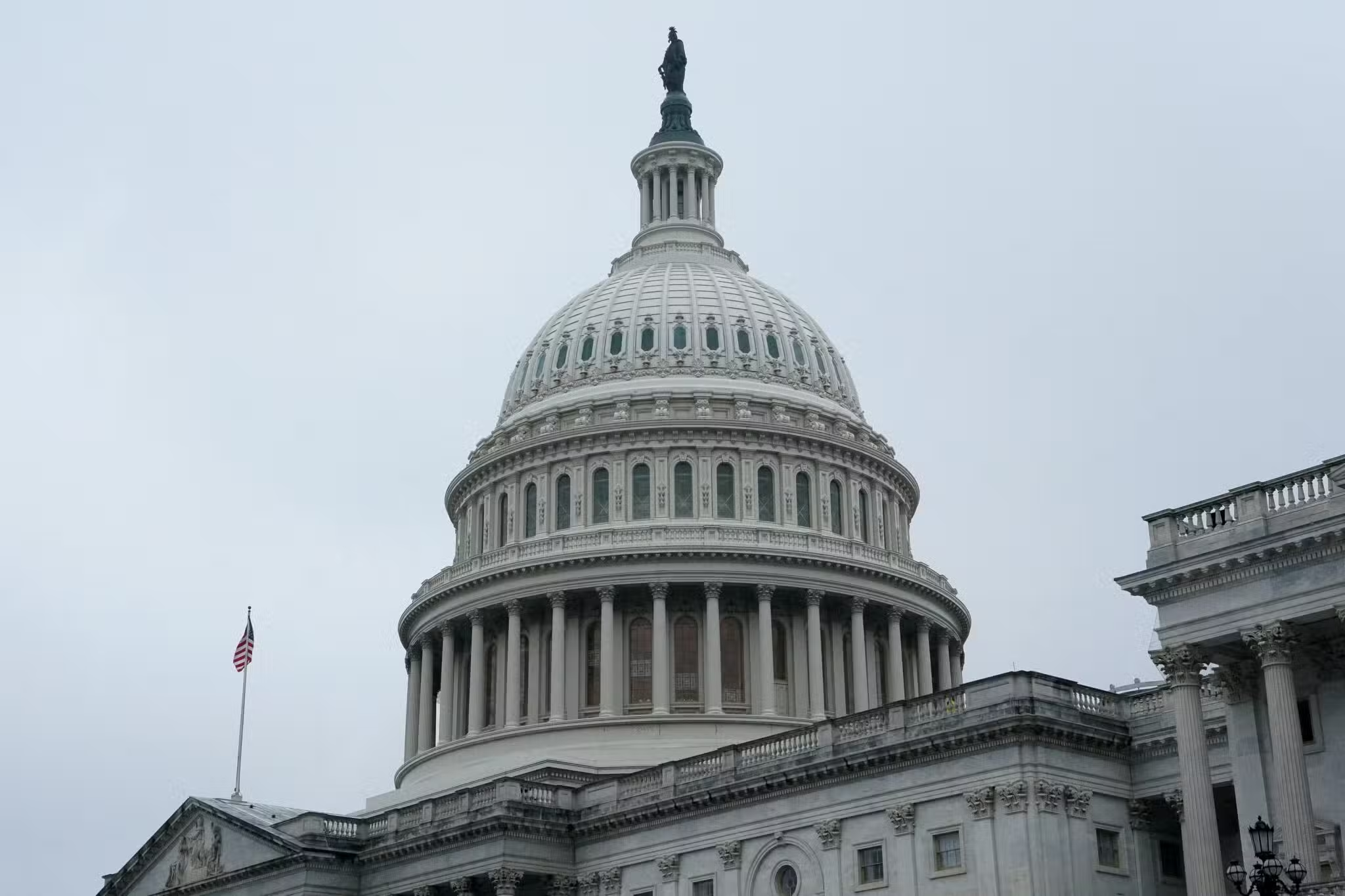Contemplation, conversion, minority, and poverty are essential Franciscan values exemplified in the life of St. Francis, and, in particular, they characterize the life of penance and conversion embraced by all Third Order Regular Franciscans. These values are universally embraced by Franciscans of all three Orders as fundamental to living a Gospel life in imitation of Jesus Christ. Integral ecology is a more recent theme with authentic Franciscan roots. Although embraced by a great number of traditions and religions, it is clearly associated with the Canticle of Creation, written by St. Francis shortly before he died.
Contemplation
Prayer is defined as a lifting of our hearts and minds to God, and contemplation can be considered the highest form of prayer. In vocal prayer we speak to God with words that help to frame our thoughts as we address the Almighty. In meditation we use our mind to think about God, to ponder with prolonged attention the mysteries that are revealed in Scripture or sacred writings. But in contemplation we move beyond the need for words or thoughts, finding these unnecessary as we gaze upon the object of our desire with great love.
In her second letter to Agnes of Prague, St. Clare advises her: Look upon Him who became contemptible for you, and follow Him, making yourself contemptible in this world for Him. Most noble Queen, gaze, consider, contemplate desiring to imitate Your Spouse.
An adaptation of Clare’s words, Gaze upon Christ, Consider Christ, Contemplate Christ, can be a Franciscan mantra for those wishing to draw closer to God in contemplative prayer. Roch Neimier, OFM, suggested that a singular gift of Francis and Clare to the Church was a new vision of contemplation, a departure from the monastic tradition where monks directed their vision upward, toward heaven to attain the goal of union with God. The monk began ascending the ladder of contemplative prayer with sacred reading, which led to meditation/prayer, and ended with contemplative union. For Franciscans, the focus or gaze is not upward, but rather outward toward ordinary human life, particularly focused on the Incarnation, where God chose to descend into our world to become one with us through the Incarnation of Jesus Christ.
In gazing upon the face of Christ, particularly in the Cross of San Damiano, Francis and Clare saw the faces of the poor, the rejected, the suffering of humanity and so were moved by compassion to acts of charity and service. The path to contemplation for Franciscans is to gaze, consider, contemplate, and imitate—a goal focused on transformation by which one becomes like the face of God reflected in the Incarnation.
Conversion
A turning point in the life of the young Francis of Assisi was his capture and imprisonment following a battle with rival city Perugia in 1202. Upon being released, he returned to Assisi a changed man, no longer interested in the worldly amusements of his past and more deeply drawn to solitary prayer.
Over the next two years, he began to lead a “life of penance.” This included not only mortification and self-denial but also a new vision of reality—seeing the world from God’s point of view: a creation filled with beauty, joy, and goodness, reflecting the goodness and love of God, our Creator who deserved highest praise, worship, and love in return.
The first step in this metanoia was a generous response to God’s grace when he embraced the leper, thus overcoming his revulsion for those with this dreaded disease and turning his heart to compassion and mercy. He began to live among lepers in the marginalized communities outside the walls of Assisi, serving their needs and thus reorienting his life from one of self-protection and personal enhancement to one of self-sacrifice and concern for others.
This has become the essential characteristic of Third Order Regular spirituality—a continuous turning to the Lord, serving others in imitation of Christ who came to serve and not be served, and following the example of St. Francis. The second chapter of the Third Order Regular Rule reads: “Led by God, let them begin a life of penance, conscious that all of us must be continuously and totally converted. As a sign of their conversion and consecration to gospel life they are to clothe themselves plainly and to live in simplicity” (Article 6).
Article 6 is the “charism statement” of the Third Order Regular, emphasizing the three essential elements of Gospel life: acknowledging God as the source of all that is good, adoring God with one’s whole life, and serving God in one’s neighbor, the basis for charity and “action on behalf of justice” in promotion of peace.
Minority
In recognizing his vocation to live the Gospel, Francis of Assisi knew that he could no longer identify himself with the majores, the wealthy and powerful of his day; rather, he desired to live among the minores, the poor, marginalized, and powerless and those without a voice in society.
More than anything else, Francis longed to live like Jesus Christ: “For you know the grace of our Lord Jesus Christ, that though he was rich, yet for your sake he became poor, so that by his poverty you might become rich” (2 Corinthians 8:9). For Francis and his brothers, minority was the one thing necessary for entrance into the Kingdom of Heaven (Matthew 18:3-4; Mark 10:15; Luke 18:17; John 13:4-14).
Minority, though similar to humility, has a social/ecclesial connotation as well. Minoritas meant not holding or exercising power over anyone or anything; it was specifically related to the renunciation of power. Francis chose to call himself a “Lesser Brother” as a way to embody the Gospel value of humility, to preach by example the need to be humble in this world, to be childlike, and to see one’s place among the poor. Living this way, Francis conformed himself to Christ who exchanged the richness of heaven for the poverty of the earth, in order that we, becoming like Christ, could be rich with the treasures of the Kingdom.
Poverty
Franciscans have always found Gospel poverty to be an essential value of their fraternal life, and it has served as a point of distinction as well as a subject of misinterpretation and even separation among the members.
Francis of Assisi embraced literal poverty to be perfectly conformed to the poor and humble Christ in the Gospels, but he also knew that being poor was fundamental to the human condition.
The Third Order Regular Rule states: The truly poor in spirit, following the example of the Lord, live in this world as pilgrims and strangers. They neither appropriate nor defend anything as their own. So excellent is this most high poverty that it makes us heirs and rulers of the kingdom of heaven. It makes us materially poor, but rich in virtue. Let this poverty alone be our portion because it leads to the land of the living. Clinging completely to it let us, for the sake of our Lord Jesus Christ, never want anything else under heaven. (6:22)
Francis believed that without God we are nothing, and his rejection of wealth and power was a statement of his total dependence on God, the giver of all gifts, whose overflowing love is beyond our comprehension and who, as a Provident Father, is lavish in bestowing gifts on his children. Francis identified with the poor because he understood his own poverty, and he knew that without God he was utterly empty and could do nothing without God’s help. In renouncing his father’s wealth and his own patrimony he was free to be truly dependent on God. This was the source of his profound peace and joy. For Franciscans today, material poverty is not the greatest concern but rather an acknowledgment that their “poverty of being” is essential. Poverty exists first in the heart, or it doesn’t exist at all.
Integral Ecology: Laudato Sí and Fratelli Tutti
In 2015 and 2020 Pope Francis issued encyclicals that provide universal guidance for facing the challenges of the modern world. In many respects these works embody the values and teachings of Francis of Assisi for our contemporary lives. The title Laudato Sí (“Praise be to You, my Lord”) is taken from The Canticle of Creation of St. Francis. The subtitle of the encyclical, Care for Our Common Home, immediately identifies the viewpoint that every human person bears responsibility “for God’s earth” (LS 68) and is called to responsible use of earth’s goods (LS 69) and emphasizes the harmony of creation (LS 86).
Pope Francis encourages “sincere love for our fellow human beings and an unwavering commitment to resolving the problems of society” (LS 91). The pope primarily calls all of us to acknowledge our responsibilities related to care for the earth and care for the poor. Pope Francis specifically cites the problems of consumerism, environmental degradation, global warming, and the shortcomings of technology. He offers thoughts on the Gospel of creation and integral ecology, essentially combining concern for the earth with care for the poor and emphasizing the interrelatedness of environmental, economic, and intergenerational justice.
In Fratelli Tutti, Pope Francis promotes a universal aspiration toward fraternity and social friendship. The beginning of this encyclical reveals the link between Laudato Sí and Fratelli Tutti:
“Francis felt himself a brother to the sun, the sea and the wind, yet he knew that he was even closer to those of his own flesh. Wherever he went, he sowed seeds of peace and walked alongside the poor, the abandoned, the infirm and the outcast, the least of his brothers and sisters” (FT 2).
The basic principle that undergirds the encyclical is the belief that all of us are called to be neighbors to others and to overcome prejudices, selfish interests, and historical and cultural barriers that exist in today’s world. He writes:
Let us take an active part in renewing and supporting our troubled societies. Today we have a great opportunity to express our innate sense of fraternity, to be Good Samaritans who bear the pain of other people’s troubles rather than fomenting greater hatred and resentment. Like the chance traveler in the parable, we need only have a pure and simple desire to be a people, a community, constant and tireless in the effort to include, integrate and lift up the fallen. We may often find ourselves succumbing to the mentality of the violent, the blindly ambitious, those who spread mistrust and lies. Others may continue to view politics or the economy as an arena for their own power plays. For our part, let us foster what is good and place ourselves at its service. (FT 77)








